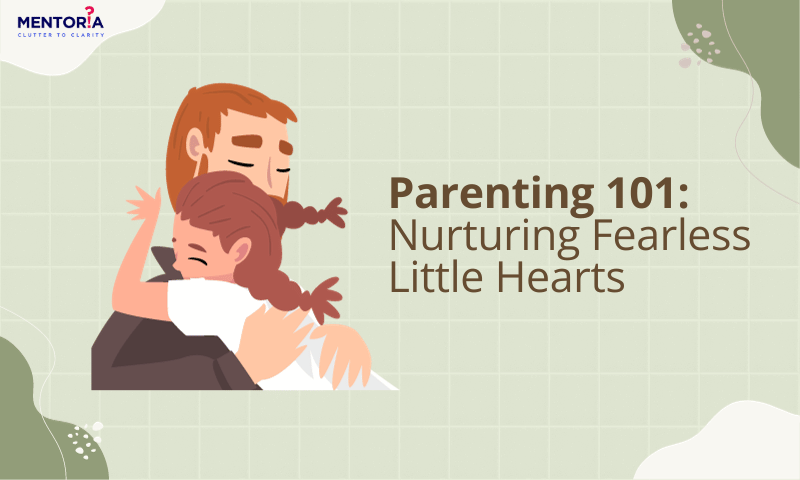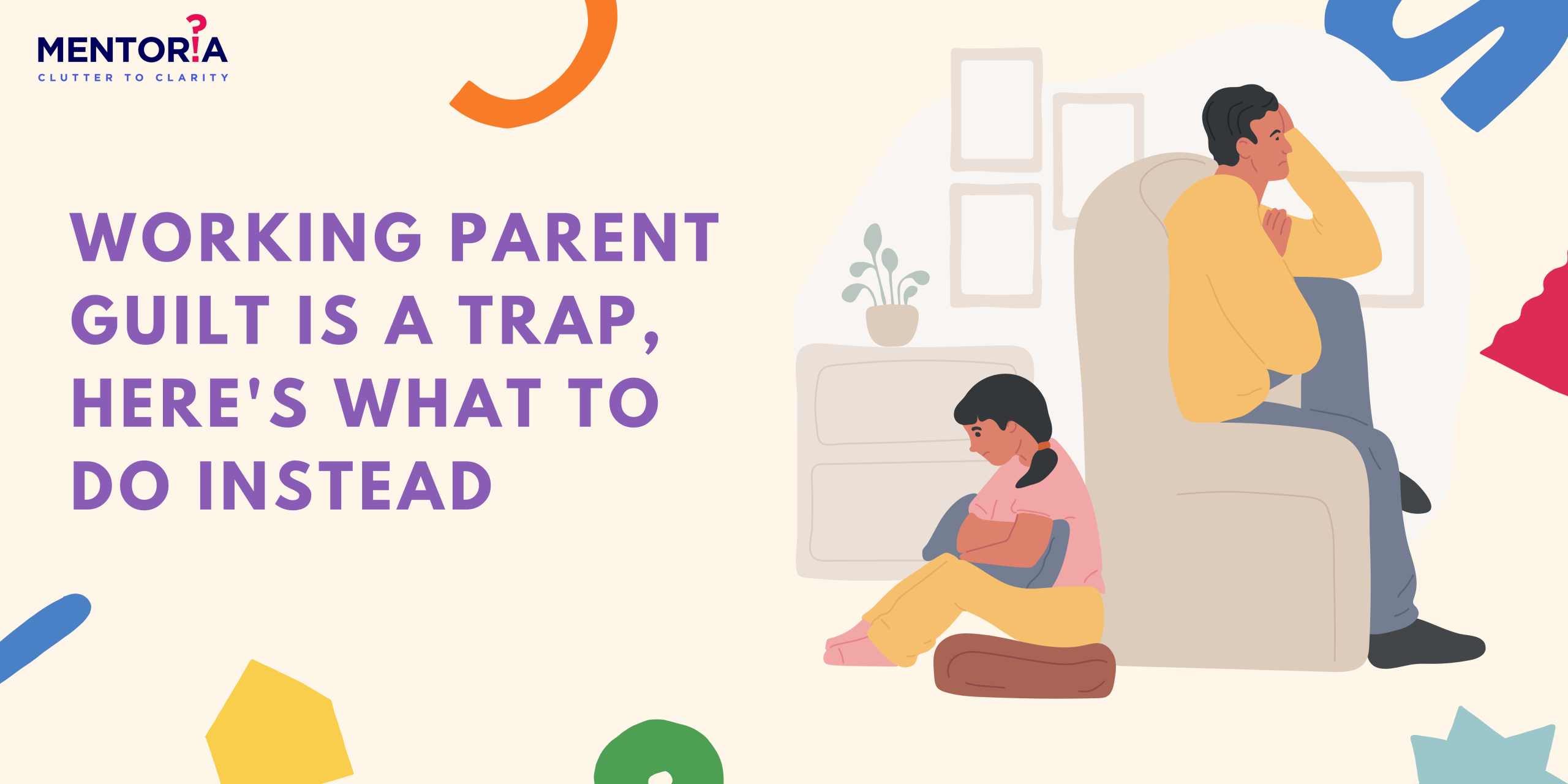Parenting 101: Nurturing Fearless Little Hearts

Fearlessness is a quality that we all strive for, but it is especially important for children. As parents, we want our children to grow up feeling confident, capable, and ready to face the challenges of the world. But how can we nurture fearless little hearts? The first step is to understand that fear is a normal human emotion. It is our body’s way of protecting us from danger. However, when fear becomes excessive or irrational, it can prevent us from living our lives to the fullest. Being a parent and seeing your child struggle with fears, both real and imagined, can be incredibly heartbreaking. Understanding and helping your child overcome these fears—from imagined monsters lurking in the darkness to the ominous unknowns of the night—is an essential part of being a loving parent.
But here’s the thing – fear is a normal part of life. But when fear starts to hold us back, it’s time to take action. That’s where we come in. Parents play a vital role in helping our kids to develop healthy coping mechanisms for dealing with fear. By creating a safe and supportive environment, modelling fearless behaviour, and teaching kids how to manage their anxiety, parents can help them to build resilience and courage. Let your kids know that it’s okay to be afraid, and that everyone feels fear sometimes. Help them to understand what fear is and why we experience it.
The Origin of Fears in Childhood
Fears are like little gremlins that creep into our children’s thoughts and cause them to quake and worry. But what’s this? Growing up involves experiencing fear just as much as grazed knees and enjoyable playdates. A child’s worst nightmare can start with a dark room, the eerie stillness of the night, or that strange noise coming from the attic. As parents, it is our duty to don the cape and mask and act as the superheroes that our kids need to get over their fears.
Common Phobias in Children
We’ll look at the numerous concerns that can plague your youngster in this section. We’ll discuss a variety of typical phobias, such as a fear of the dark and imagined animals, and offer explanations for why they exist as well as suggestions for calming your child’s anxiety.
Anxiety in the Dark: Many children can experience severe anxiety when it is dark. We’ll go over methods for assisting your child in overcoming this phobia and creating a relaxing nighttime routine.
Monsters and Ghosts Among the Imaginary Creatures: Even though they are the creations of the mind, children can have very real fears of monsters and ghosts. We’ll offer advice on how to deal with these apprehensions and use their imagination as a creative tool.
Fear of Separation: This phobia generally appears in early children and is characterised by anxiety at being away from primary caregivers or comfortable surroundings. It can happen at bedtime, at drop-offs at the childcare centre, or when the parents are not around. It can range from mild distress to extreme terror.
Anxiety of Failing: Children may become afraid of falling short of expectations as they get older, whether those expectations are social, scholastic, or related to extracurricular activities. The stress of performing well can result in anxiety and the worry of upsetting one’s peers, teachers, or parents.
Techniques for Dealing with Childhood Fears
We’ll explore a variety of doable tactics in this section to assist your youngster in coping with and overcoming their phobias. We’ll give you the skills you need to be a comforting presence for your child, from establishing a secure nighttime routine to promoting coping methods.
Establishing a Calming Bedtime Schedule: Bedtime phobias are a common problem that affects both parents and kids. We’ll go over how to create a relaxing sleep ritual to reduce your child’s worry and make bedtime fun.
The Influence of Communication and Assurance: Your child needs your encouragement and open conversation to understand and face their anxieties. We’ll talk about how to communicate effectively and how to be your child’s confidante.
Boosting Coping Techniques: Giving your child coping skills is a powerful act. To help your child manage their worries and anxiety, we’ll talk about deep breathing exercises, visualisation methods, and empowering mantras.
As we wrap up our exploration of children’s fears, it’s crucial to keep in mind that parenting is an ongoing journey of growth, adaptation, and cherishing all the moments, big and small. Childhood and fear are intertwined; it’s the contrast between darkness and light that makes the beauty of each shine even brighter. Being the guiding light and helping our children navigate the shadows of fear is a fundamental part of our role as parents.
Every fear that is overcome is a win and a step toward becoming a self-assured and resilient adult. We provide our children the tools they need to confront the world confidently by using the methods described in this guide, which include offering comfort, promoting open communication, exposing children to their concerns gradually, and encouraging coping techniques. Keep in mind that parenting requires both love and understanding. We help our children develop a sense of security and confidence by standing by them and reminding them that fear can be overcome. Every fear that is addressed serves as a lesson that teaches the student how to face obstacles head-on.
In our shared parenting journey, we aspire to be the superheroes that our kids look up to—the ones who keep them company at night, scare away monsters, and instill bravery. In order to develop a generation that is fearless to pursue their aspirations and take on the world, let’s enjoy this magnificent journey, recognising the fears and victories along the way. Here’s to fostering a fearless environment where our kids can develop, flourish, and eventually turn into the protagonists of their own stories.
Overcoming Fears With Mentoria
Nurturing fearless little hearts is important because it helps children to develop the confidence and courage they need to succeed in life. Fearless children are more likely to take risks, try new things, and stand up for what they believe in. They are also more likely to be resilient and bounce back from setbacks. Mentoria can help to nurture fearless little hearts by providing students with the guidance, support, and resources they need to develop their strengths, interests, and values. Mentoria can also help students to develop the life skills and confidence they need to succeed in life.









